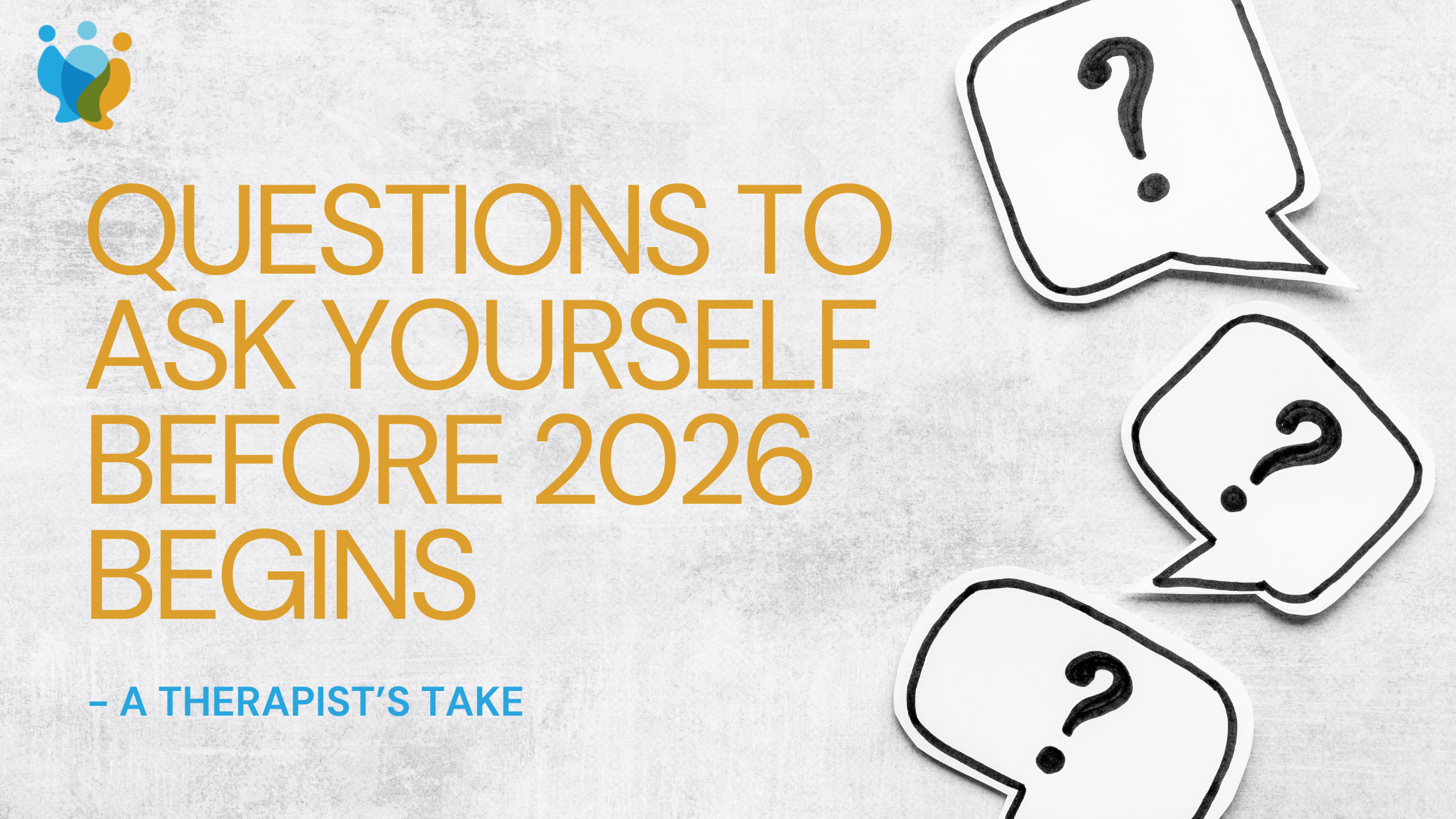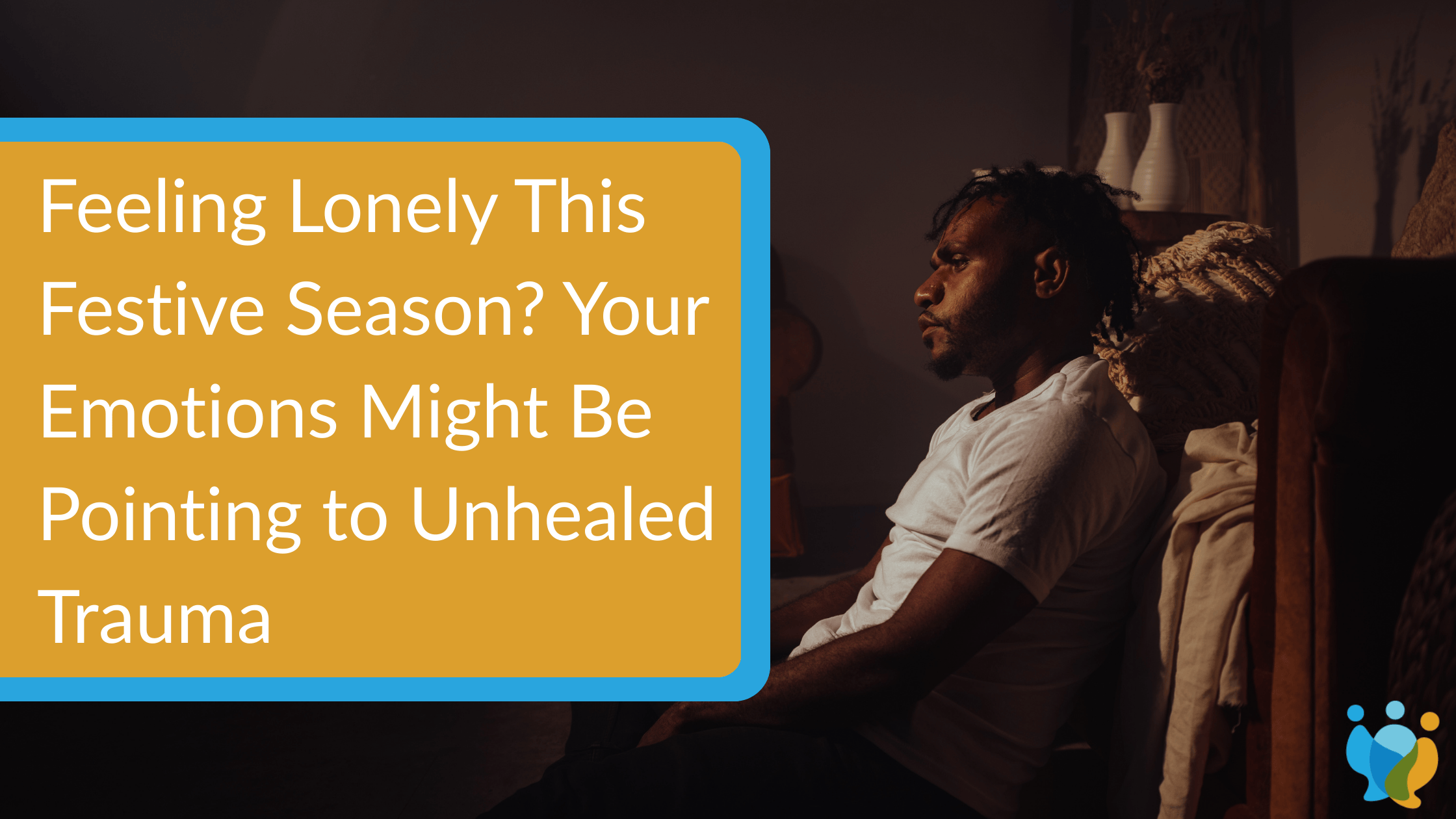5 Truths Everyone Needs to Know about Men’s Mental Health and How to End the Stigma Around It

5 Truths Everyone Needs to Know about Men’s Mental Health
Omari had been struggling with depression and suicidal thoughts for months. Yet, he couldn’t bring himself to reach out for help. As a successful businessman, he worried that admitting to mental health issues would make him appear weak and jeopardize his career. The stigma surrounding men’s mental health left Omari feeling isolated and hopeless.
Sadly, Omari’s story is all too common. While mental health problems affect men and women alike, men are far less likely to seek help. This resistance to treatment can have devastating consequences on men’s physical health, relationships, and professional lives.
Ending the stigma begins by becoming aware of the truths about men that have sometimes been overlooked or underexplored. This article focuses on five truths and how to end the stigma around each. Before we get into that discussion, let’s look at the prevalence of men mental health issues.
Prevalence of Mental Health Issues Among Men
According to the World Health Organization (WHO), depression affects approximately 5% of adults worldwide, and men are just as susceptible as women. Suicide is among the leading causes of death among men, with the WHO noting that men are three times more likely to die by suicide than women. A 2022 report by Women and Men in Kenya revealed that 43.1% of women suffered from mental health disorders compared to 56.9% of men. The age group with the highest cases was 15–19-year-olds (12.9%), followed by 20 –24-year-olds (9.7%). Examples of mental health conditions include:
- Depression
- Anxiety disorders
- Bipolar
- Substance use disorders
- Post-traumatic stress disorder
- Schizophrenia
These numbers prove that mental illness does not discriminate based on gender. Men of all races, ages, income levels, and backgrounds grapple with these issues at staggering rates. Whether it’s mood disorders, trauma, substance abuse, or other conditions, the high prevalence highlights the massive scale of mental health challenges facing millions of men daily.
Yet despite how widespread these problems are, stigma, attitudes, and barriers to treatment continue to persist, leaving many men suffering in silence. Acknowledging the following truths about mental health issues in men is a step in the right direction.
Truth #1: Men Experience Mental Health Issues as Much as Women
Maybe you know a male coworker who had to miss weeks at the office because of crippling panic attacks he couldn’t control. Or an uncle whose drinking problem spun out of control as he tried to numb his depression after a painful divorce. The inner struggles men face with their mental health may not be obvious on the surface, but they are real and consequential.
It’s a harsh reality that mental illness doesn’t care if you’re a man or a woman. For a long time, many people thought mental health issues were mainly a “woman’s problem.” But the facts tell a very different story. Over and over again, research proves that men experience conditions like depression, anxiety, trauma, and addiction at similar or even higher rates than women.
The World Health Organization’s 2023 data shows a staggering 11.2 million men globally are living with depression. Additionally, 105 million men globally suffer from an anxiety disorder. These are not issues affecting small numbers. Mental illness has an enormous widespread impact across all demographics of men.
If you are a man, perhaps you can relate to your coworker’s experience on some level or your uncle whose drinking spun out of control. The private inner struggles men face with their mental health may not be obvious externally, but they are undoubtedly common and can have devastating ripple effects. You are not alone in the struggle.
How to End the Stigma
- Openly discuss and normalize that mental illness impacts men too, shattering the myth it’s uncommon.
- Reject and speak out against cultural narratives that stigmatize men’s vulnerability and seeking help.
- Seek out or provide more male-friendly mental health education, resources, and support groups.
- Challenge gender stereotypes that discriminate based on outdated attitudes.
Related: Mental Health Awareness for Men
Truth #2: Men Are Less Likely to Seek Help
Carl is a middle-aged dad of three kids. For months, he struggled with symptoms of depression and anxiety. He couldn’t sleep, lost his appetite, and constantly worried. But Carl didn’t reach out for help. Like many men, he felt pressure to “suck it up” and handle his problems alone. The idea of seeing a therapist made Carl feel weak and inadequate.
Sadly, Carl’s story is replicated all over Kenya and the world. While mental illness itself doesn’t discriminate based on gender, the stigma and barriers prevent men from getting support do discriminate. Study after study shows men are much less likely than women to seek professional treatment for mental health issues they may be facing.
The root cause stems from long-standing cultural norms about masculinity. For generations, boys and men have been taught to tough it out, suppress vulnerable emotions, and never ask for help. This toxic mindset instills the misguided belief that “real men” don’t need mental health support, especially for internal battles.
Combined with the general stigma surrounding mental illness, these outdated masculine stereotypes leave millions of men across the world feeling isolated, ashamed, and unable to access the care they need. The consequences are severe: untreated mental illness, substance abuse, broken relationships, and higher suicide rates among men.
How to End the Stigma
- Challenge traditional masculine norms that affect how families raise boys
- Redefine what it means to be a “real man.”
- Increase access to support groups and services tailored to men’s needs
- Celebrate men who have the courage to prioritize their mental wellbeing
Truth #3: Poor Mental Health Negatively Affects Physical Health in Men
Tom was a healthy young man. He ran regularly and ate right. But after his wife’s unexpected death, Tom’s world was shattered. Consumed by grief and depression, he stopped exercising, ate unhealthy foods, and drank alcohol to cope. Within months, Tom’s physical health deteriorated. He developed high blood pressure, gained a lot of weight, and his diabetes became uncontrollable. His mental health struggles had taken a severe toll on his body.
Mental and physical health are tightly connected, especially for men. Unaddressed mental illness can create devastating physical consequences if not addressed. The mind-body connection should not be underestimated. For example, depression greatly increases the risk of developing severe physical conditions like heart disease, diabetes, chronic pain, and even early death. The following table provides other physical ailments resulting from mental health conditions.
| Mental Illness | Physical Conditions |
| Anxiety disorders | Chronic pain, gastrointestinal issues |
| Post-Traumatic Stress Disorder (PTSD) | Hypertension, chronic fatigue |
| Eating Disorders | Malnutrition, heart problems |
| Substance Use Disorders | Liver disease, respiratory issues |
| Personality Disorders | Chronic pain, substance abuse, self-harm |
Poor mental health creates a destructive cycle for a man’s overall well-being if ignored. What starts as an emotional or psychological struggle quickly turns into real, physical issues that disrupt daily life and health.
How to End the Stigma
- Educate yourself on the mind-body connection and enlighten other men
- Encourage open dialogue between men and their doctors about mental health screenings
- Various stakeholders to integrate mental healthcare into standard physical treatment plans
- Listen to, share, and highlight successful mental health recovery stories that also improved physical health
Truth #4: Strong Relationships and Social Support Are Crucial for Men’s Mental Health

Humans need to connect with others to stay mentally healthy, and this is especially true for men. But for a long time, society has taught men to bottle up their feelings and deal with problems alone. This leads to isolation, which is terrible for mental health.
Having a strong support system is key for men struggling with issues like depression, anxiety, trauma, or addiction. A network of loved ones, friends, peers, or support groups acts as a protective barrier. It can prevent mental illness from developing or help aid recovery.
These trusted social ties give men an outlet to open up, process difficult emotions, gain empathy, and find healthy coping strategies. Support from others reminds men they don’t have to tough it out alone through life’s challenges. It reduces anxiety, increases resilience, boosts self-esteem, and reinforces that it’s okay for men to be vulnerable sometimes.
On the flip side, chronic loneliness is like poison for a man’s mental state. It makes every negative symptom, thought, and emotion even worse. The man gets stuck in a cycle of self-doubt and disconnection that is extremely difficult to escape without building the right supportive relationships.
Mentally healthy men need to feel connected, not isolated. While society has promoted an image of male toughness, the truth is that vulnerable sharing and support from others is crucial, especially during tough times.
How to End the Stigma
- Encourage men to build and nurture a circle of people they can relate with, whether friends, family, or support groups.
- Promote healthy masculinity that embraces vulnerability and close relationships.
- Highlight relatable stories of how social bonds helped men overcome mental struggles.
- Provide resources for building a community for isolated or disconnected men.
Truth #5: Workplace Environment Significantly Impacts Men’s Mental Health
Hassan was a rising star at his corporate job, but the long hours and relentless demands overwhelmed him. He began having panic attacks, his anxiety levels increased, and he felt depressed but was too ashamed to tell anyone. Hassan’s work environment made it seem like admitting to mental struggles was weakness. He pushed himself to the brink until he had a breakdown and had to take medical leave.
For most men, work takes up a huge part of their daily lives. So, it’s no surprise that the workplace environment can either contribute to mental health issues or provide much-needed support. Unfortunately, many workplaces promote an unhealthy culture, especially for men’s mental health.
The unwritten rules say men can’t show vulnerability or they’ll be seen as weak. There’s a glorification of overworking until burnout. Taking leave for mental health reasons is looked down upon. These toxic elements breed grounds for depression, anxiety, and an overall deterioration of a male employee’s mental state.
The bottom line is that the workplace plays a pivotal role in nurturing or damaging men’s mental fitness. Company cultures that embrace and prioritize psychological health can make a difference for millions of working men.
How to End the Stigma
- Push for company policies, benefits, and cultural training that prioritize mental health.
- Encourage leadership to model openness in discussing personal mental health journeys.
- Utilize or establish mental health employee resource groups and peer support networks.
- Promote the use of counseling benefits with anonymity and zero stigma
Clarity Counseling and Training Centre cares about men, and we make every effort to ensure that men’s mental health is given the priority it deserves. Reach out to us for counseling sessions if you are struggling with various mental health issues as a man. We also offer training to build your emotional and mental capacity to handle everyday stressors.









